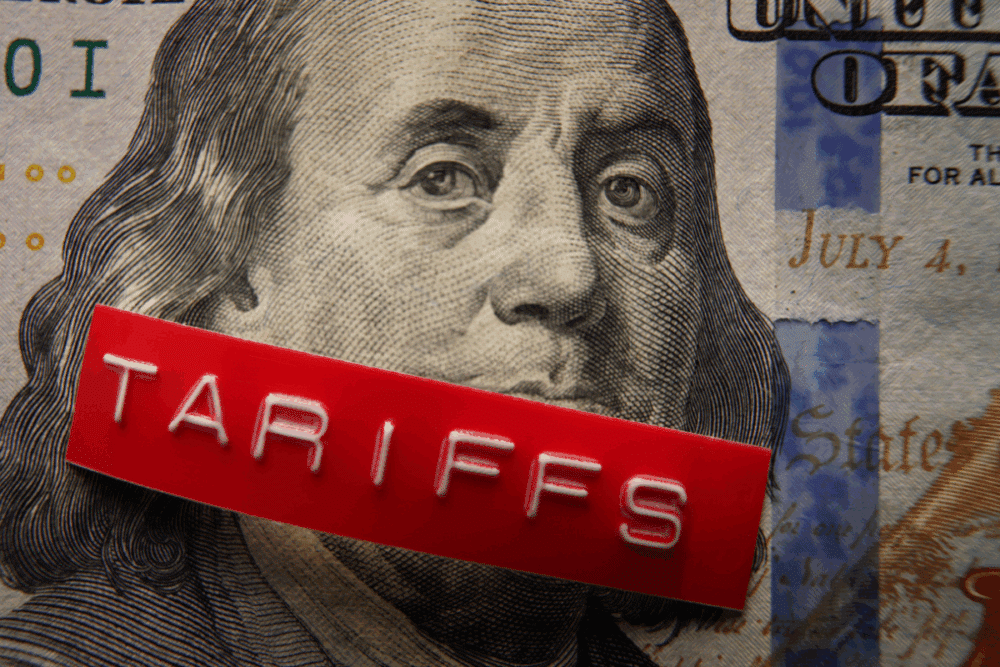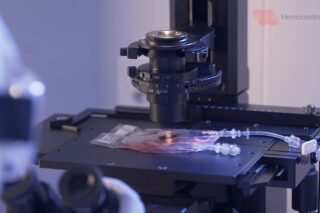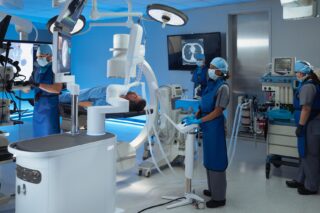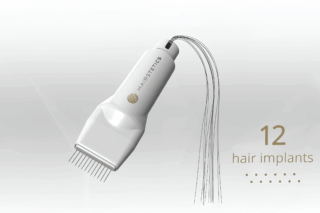Donald Trump’s semiconductor tariffs could pose a serious threat to the growth of the US medical device industry, as over half of all devices depend on semiconductors (chips) to operate.
With global supply chains under strain and costs rising, especially from Taiwan-based suppliers, the healthcare sector faces looming price increases that may hinder accessibility and slow market expansion, says GlobalData, a leading data and analytics company.
The Semiconductor Dependency of U.S. Medical Devices
Reportedly, over 90% of the world’s most advanced chips are made in Taiwan, which currently has a 32% tariff applied on all goods exported to the US. As of mid-April 2025, Trump has said that he intends to place tariffs on semiconductors at some point in the future. Approximately 50% of medical devices use semiconductors in one form or another to function. This could lead to a significant increase in medical device costs for consumers and healthcare systems in the US.
If a major tariff is levied on non-US semiconductors, it is highly likely that the cost of these medical devices will increase. Although major semiconductor manufacturers do have fabrication foundries – or fabs – in the US, the majority of the world’s semiconductors, or wafers, are manufactured outside the US by Taiwan Semiconductor Manufacturing Company Limited (TSMC). According to TSMC, it had manufactured 16 million wafers worldwide in 2024.
Tariff Risks and the Future of Medical Device Growth
For David Beauchamp, Medical Analyst at GlobalData:
“If Trump’s tariffs impact semiconductor imports, companies can expect an increase in cost when sourcing semiconductors and chipsets for medical devices, even if final assembly occurs in the US. These price increases are likely to be passed on to consumers and healthcare systems. Domestic semiconductor production currently lacks the capacity to meet industry demand, making supply chain disruptions inevitable.”
Currently, GlobalData tracks over $207 billion worth of medical devices in the US alone. At present, the market is growing at a compound annual growth rate (CAGR) of 4.9% from 2023 to 2033, according to the Medical Market Analyzer. However, with the looming threat of tariffs on medical device manufacturing, it remains to be seen if this high growth rate will continue, or if it will slow as the impact of the tariffs are felt by consumers and companies alike.
Beauchamp concludes:
“The semiconductor industry, which is a vital part of the supply chain for a large percentage of medical devices, is very likely to be affected by the Trump administration’s blanket tariffs. Even with facilities built in the US, it is highly unlikely that domestic manufacturing of these vital components will be able to meet the demands of the medical device industry, let alone the numerous other industries that rely on semiconductors. With the continuing uncertainty of these tariffs, it remains to be seen what the effects will be on the medical device industry.”










